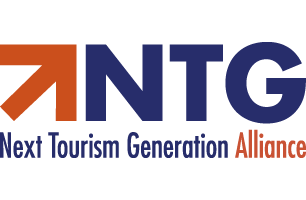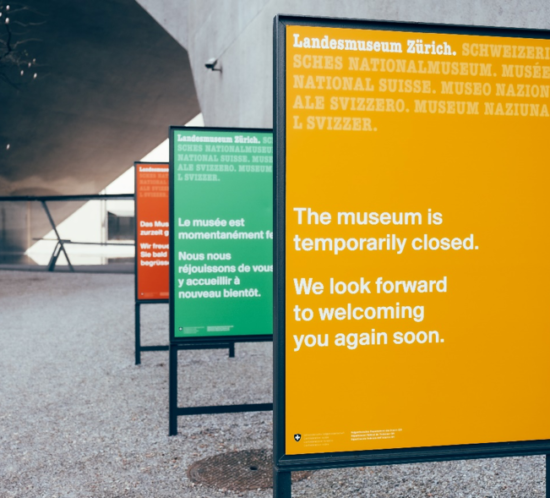Innovating and renewing Skills Intelligence | Recap 1st Pantour webinar
Fast developments in society and the tourism sector led to a new landscape for companies and workers in the industry. Also, due to the pandemic, many jobs in the sector have changed rapidly and new ones have emerged. At the start of the PANTOUR project, a thorough secondary data analysis has been done on current and future skills needs for the tourism industry. Existing data have been analysed, on global and European industry reports, EU policy documents, consultancy papers, and academic research. This has rendered a broad understanding of the status of skills in the tourism industry and what is needed for the future. In this blog, we will share some first insights from these analyses.










